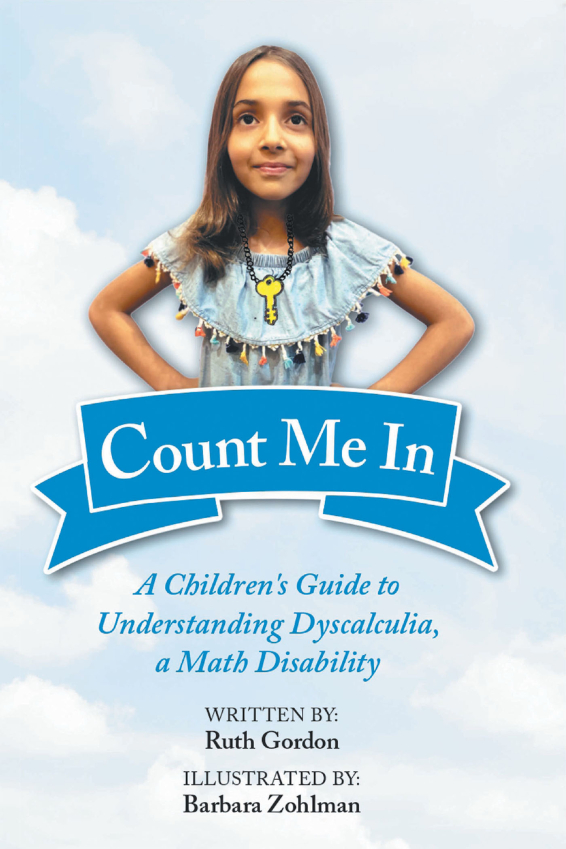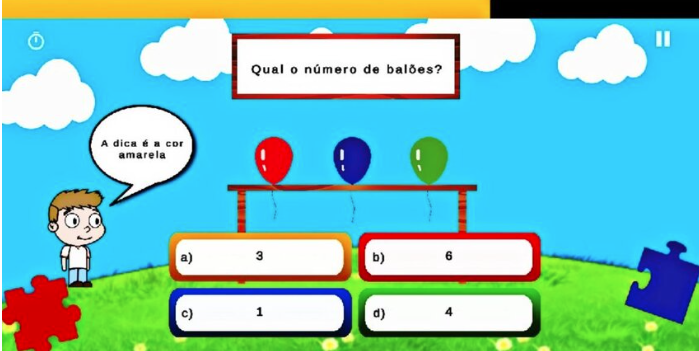Articulation activities aren’t just for kids! Adults can benefit from practicing articulation too. In fact, clear and confident communication is an essential skill for success in both personal and professional settings. So, let’s get creative and try out some fun articulation activities that will get you talking and laughing with your peers.
Whether you’re a seasoned speaker or someone who struggles with speech clarity, these activities will help you sharpen your communication skills in an enjoyable and engaging way. So, let’s get started and have some fun while improving our articulation skills!
The key is to find activities that work best for you and to practice consistently to see improvement over time. Don’t let articulation be a barrier to effective communication – try some of these activities and watch your speaking skills soar!
Improving speech clarity: Engaging articulation activities for adults
1. Conversation Starters
Let’s get talking! Engage in lively conversations and spark new friendships with these fun and interesting topics. From your favorite travel destinations to your most loved books and movies, share your thoughts and opinions with confidence and clarity.
Being a communication-building activity, all you have to do is prepare a list of interesting topics that encourage adults to speak and express their thoughts, such as asking about their favorite movies, books, or travel destinations. Encourage them to speak clearly and with confidence, emphasizing the importance of taking pauses to gather their thoughts and convey their ideas effectively.
2. Role-playing

Ready, set, act! Step into a new character and practice your articulation skills with these fun role-playing scenarios. Whether you’re ordering food at a restaurant or asking for directions on the street, hone your pronunciation and enunciation skills while having fun and getting into character.
Create a scenario and have adults engage in role-playing to practice articulating their words clearly and effectively. For example, they can practice ordering food at a restaurant or asking for directions on the street. Encourage them to pay attention to their pronunciation and enunciation of words.
3. Mouth Exercise

Get your mouth moving! Start with simple mouth exercises like opening and closing your mouth or sticking out your tongue, and gradually build up to more challenging drills. Improve your speech clarity and articulation skills while also focusing on proper posture and breath support.
Start with simple exercises such as opening and closing the mouth, sticking out the tongue, and moving the jaw side to side. Gradually move on to more complex exercises such as repeating specific words or sounds that are challenging for the individual. Make sure to emphasize the importance of proper posture and breath support when doing these exercises.
4. Singing

Let’s sing it loud and clear! Sing along to your favorite songs or practice singing exercises to improve your articulation skills. Focus on proper breath support, posture, and enunciation of words to bring your singing skills to the next level.
Encourage adults to sing along to their favorite songs or practice singing exercises to improve their articulation skills. Start with simple songs or exercises that focus on basic sounds and gradually move on to more complex ones. Emphasize the importance of proper breath support, posture, and enunciation of words when singing.
5. Word Association Game

Let’s play a game that will help improve your vocabulary and word retrieval skills! In this activity, we will start with a word, and then the next person has to say a word that is associated with the previous word. It’s a fun and interactive way to challenge your thinking and come up with new words.
This activity is best done in a group setting. Have one person start by saying a word, and then the next person has to say a word that is associated with the previous word. For example, if the first person says “dog,” the next person might say “cat,” and then the next person might say “feline.”
You can set a time limit for each person to respond, or just have it be a casual conversation. This activity helps with word retrieval and categorization skills, as participants have to quickly come up with a word that is associated with the previous word. Furthermore, this activity can also act up as a vocabulary activity, as students will benefit manifold from this game.
6. Tongue Twister
Are you ready to test your articulation skills? Tongue twisters are a great way to practice saying tricky phrases or sentences that can be difficult to pronounce. Don’t worry if you stumble at first, the key is to practice and slowly build up your speed!
Tongue twisters are phrases or sentences that are difficult to pronounce, usually because they have similar-sounding words or sounds that are hard to say in succession. Encourage participants to say the tongue twister slowly at first, and then gradually increase speed as they get more comfortable with the words. This activity helps with articulation and overall speech clarity, as participants have to work on enunciating each word clearly.
7. Storytelling

Get ready to let your creativity flow! Storytelling is an opportunity to engage your audience and practice your articulation and fluency skills. Whether it’s a true story or a work of fiction, you’ll have fun bringing your story to life and captivating your listeners.
Encourage participants to tell a story, either true or fictional, and focus on articulating their words clearly and effectively to engage their audience. Provide prompts or topics if needed to help get the creative juices flowing.
Ask the participants to make a “Storytelling Chain” where each person adds a sentence or two to a story, building upon the ideas of the person before them. This can be done as a group, with each person taking turns to add to the story. It encourages participants to listen carefully to what others are saying and to think creatively to add to the story.
Additionally, it provides an opportunity to practice articulation and fluency skills, as participants have to clearly and effectively communicate their ideas to contribute to the story. This activity helps with overall speech clarity and fluency, as participants have to speak confidently and clearly to captivate their audience.
8. Speech Sound Bingo

Let’s play a game that will help improve your articulation skills! In this activity, we will use a bingo board with various speech sounds, and you will practice saying words with those sounds until you get a bingo. It’s a fun and interactive way to practice saying words with specific sounds.
Create a bingo board with various speech sounds, and then have participants practice saying words with those sounds until they get a bingo. You can use common speech sounds like “th,” “sh,” or “ch,” or more specific sounds that a particular participant may struggle with. This activity helps with articulation and overall speech clarity, as participants have to practice saying words with specific sounds.
9. Reading Aloud

Many reading quotes suggest how reading aloud is a great way to practice your speech clarity and fluency. It’s also a fun way to explore new books or articles and to share your thoughts and opinions with others. So, grab your favorite reading material, and let’s get started!
Encourage adults to read aloud, whether it’s a book, an article, or a poem, to practice articulation and overall speech clarity. Provide reading material that is appropriate for the group’s reading level, and encourage participants to read slowly and clearly, paying attention to punctuation and pauses.
This activity helps with overall speech clarity and fluency, as participants have to practice enunciating each word and conveying the meaning of the text. Similarly, many other activities, like independent reading and guided reading activities, can also help with better reading skills.
Effective techniques and exercises for improving articulation skills
In addition to the activities mentioned earlier, there are several other strategies that can help individuals practice articulation and improve their overall speech clarity. Here are a few:
- Mirror practice: Stand in front of a mirror and practice saying words and phrases while watching your mouth movements. This can help you identify any specific sounds or words that you struggle with and allow you to focus on improving your articulation of those sounds.
- Record yourself speaking: Use a smartphone or other recording device to record yourself speaking, and then listen back to the recording. This can help you identify any areas where you need to improve your articulation, such as mispronounced words or unclear sounds.
- Slow down: Often, unclear speech is the result of speaking too quickly. Try to slow down your speech and take your time when speaking, focusing on clearly articulating each word and sound.
- Use apps: Technology can be of great help when it comes to enhancing communication. Apps often use speech recognition technology to analyze and evaluate the user’s pronunciation and provide targeted practice exercises based on their individual needs. Some examples of speech therapy apps that can be used for improving articulation include Speech Therapy: Articulation, Articulation Station, and Speech Therapy for Apraxia. These apps can be a useful supplement to traditional speech therapy and provide an engaging way for individuals to practice their articulation skills at their own pace and convenience.
- Seek professional help: If you have persistent difficulty with articulation, it may be helpful to seek the guidance of a speech-language pathologist who can provide personalized exercises and strategies to improve your speech clarity.
Conclusion
Articulation is a predictor of linguistic intelligence. Practicing articulation is crucial for adults who want to improve their speech clarity, fluency, and overall communication skills. There are many fun and engaging activities that can help with articulation, such as word association games, tongue twisters, storytelling, speech sound bingo, and reading aloud.
These activities not only help with articulation but also provide opportunities for social interaction and creative expression. By incorporating these activities into their daily routine, adults can make significant progress in improving their articulation and overall communication skills. Remember, practice makes perfect, so keep practicing and have fun!




